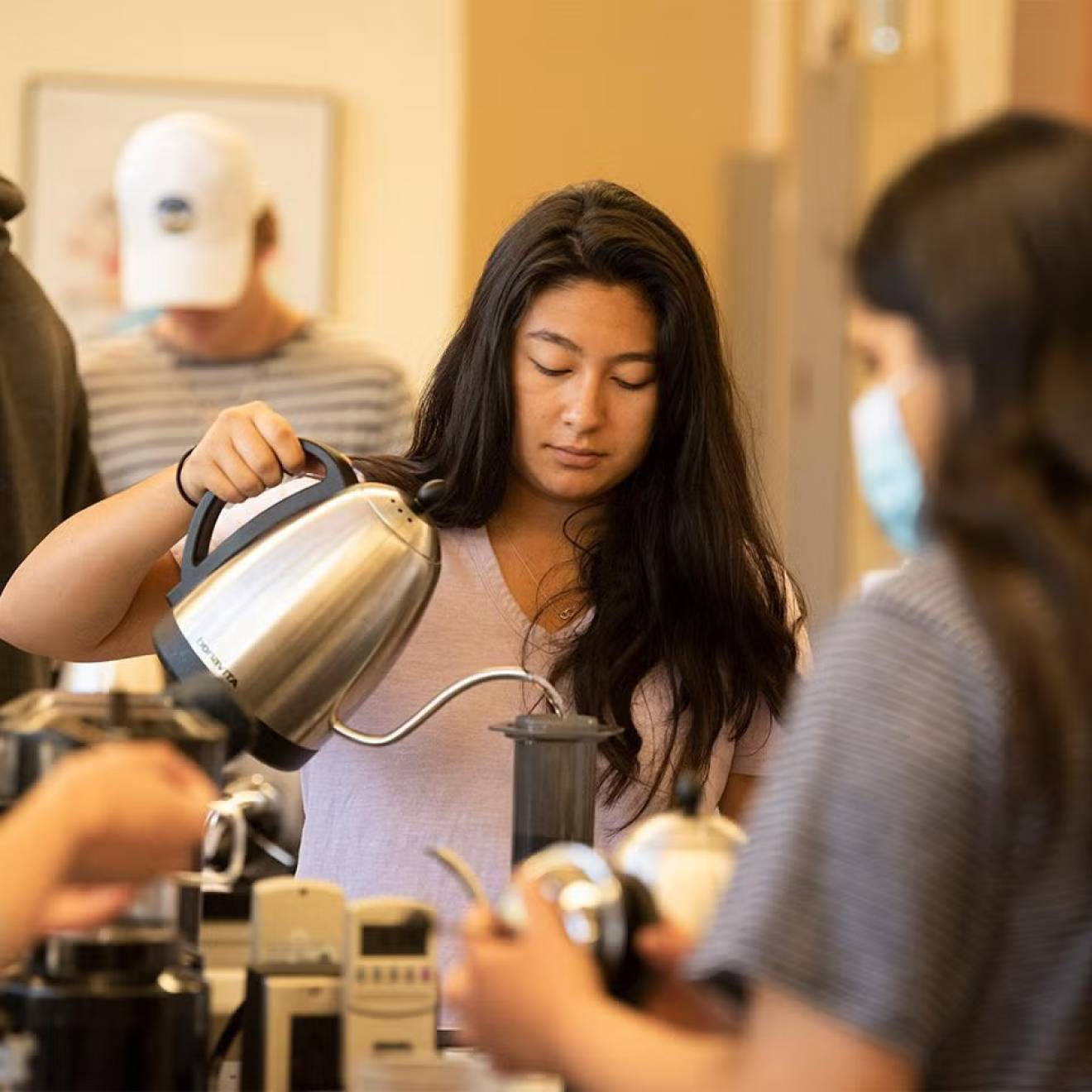Anisha Patel, UC San Francisco

For years, parents have insisted that giving kids a big dose of sugar can amp them up, but the science failed to confirm their instincts. Now, with the rising awareness of sugar’s role in our diets and health, scientists are once again asking whether sugar could play a role in the growing number of new ADHD cases in American kids. It still isn’t entirely clear on whether added sugar is linked to hyperactivity or clinically diagnosed ADHD. But in some areas, the evidence is building. Here’s what we do and don’t know about ADHD, sugar and kids.
Attention Deficit Hyperactivity Disorder (ADHD) affects nearly 1 in 10 children and is one of the most common chronic health conditions in pediatrics. Its symptoms include problems paying attention, hard-to-control behavior or hyperactivity, and behavior difficulties in at least two different domains, such as at home and in school.
Given that ADHD stems from both genetic and environmental factors, it’s not surprising that a combination of medication, parent education, school support and behavioral therapy are most effective in treating the condition. But what is sugar’s role in its cause and management?
Studies that examine the connection between added sugar intake and behavior are mixed, so most scientists would argue that there isn’t enough evidence to invoke sugar as a factor in ADHD. However, the most recent research does suggest that select children are more ‘sugar-sensitive’ than others.
Also, in a new study that appeared in the journal Academic Pediatrics, scientists in the Yale School of Public Health interviewed a diverse group of 1,649 middle school students regarding their consumption of sugar-sweetened beverages and symptoms of hyperactivity and inattention. The study found that for every sweetened drink consumed, the young teens’ risk of hyperactivity and inattention increased by 14 percent, even when taking into account overall sugary food consumption. It also showed that middle school kids who consumed energy drinks were 66 percent more likely to report hyperactivity and inattention. This study, however, only examined middle schoolers at a single point in time, and it’s unclear how many of the symptoms were due to the caffeine in many sugary drinks.
This is consistent with some previous research, such as a German study which found that children with hyperactivity and inattention symptoms drank more sugar-sweetened beverages than their peers, and another from Norway that found a direct relationship between soft-drink consumption and hyperactivity/inattention.
The good news is that scientists have reopened the question of sugar and ADHD. The tough news is that for now, we don’t have conclusive evidence. In the meantime, pediatricians recommend that children and adolescents avoid energy drinks because they may negatively impact the developing body, and in particular the heart and brain. Considering that one-third of teens regularly consume energy drinks — a number that is rising even as overall soda consumption drops — it is important that parents talk with teens about energy drinks’ harmful effects.
In terms of overall sugar intake, given the strength of the evidence linking sugar intake with obesity, diabetes, fatty liver disease and dental caries, parents should avoid added sugar for babies and toddlers and stick to recommended sugar limits for children and teens. Parents also should be sure to balance simple carbohydrates in meals with protein and fiber to prevent the crankiness that can be associated with highs and lows in blood sugar.
Anisha Patel, M.D., is an assistant professor in the UCSF Division of General Pediatrics and provides primary and acute care to pediatric patients at UCSF Benioff Children’s Hospital San Francisco. Her research interests include developing and evaluating interventions and policies to prevent childhood obesity.

